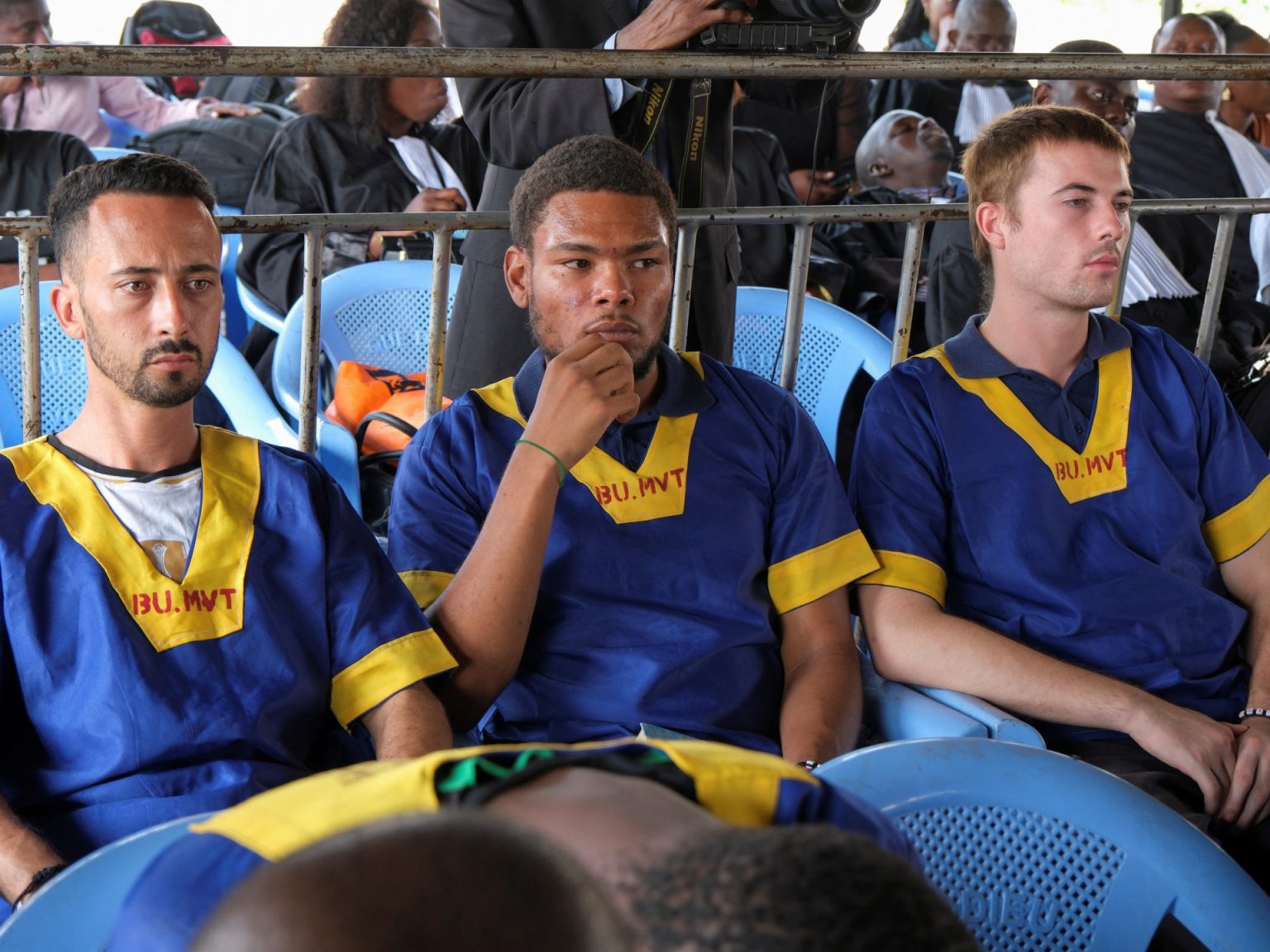A military court in the Democratic Republic of the Congo (DRC) has sentenced 37 people, including three United States citizens, to death for their involvement in a failed coup in May. The court’s president announced the verdict live on television, stating that the death penalty was being imposed for criminal association, attack, and terrorism. The defendants, who also included individuals from Britain, Belgium, and Canada, have five days to appeal the decision. Fourteen people were acquitted in the trial, which began in June. Richard Bondo, the lawyer representing the six foreigners, stated that he would challenge the decision on appeal, citing concerns about the interpretation during the investigation.
The attempted coup took place in Kinshasa, the capital of the DRC, where armed men briefly occupied an office of the presidency on May 19. The leader of the group, US-based Congolese politician Christian Malanga, was killed by security forces during the incident. Malanga, who had declared himself as the “President of New Zaire,” was a businessman, politician, and former military captain in the Congolese army. He had previously contested parliamentary elections in 2011 and was detained under the former President Joseph Kabila before relocating to the US. Following his release, Malanga founded the opposition United Congolese Party (UCP) and advocated for religious freedom in Africa.
President Felix Tshisekedi, who was inaugurated for a second term in January, has faced challenges with electoral irregularities and violence. The region of Western and Central Africa has seen a rise in coups in recent years, prompting concerns from human rights organizations like Human Rights Watch. Lewis Mudge, the Central Africa director at Human Rights Watch, emphasized the importance of the Congolese government upholding international standards during the trial. The legacy of coups in Congo and the region highlights the need for a commitment to human rights and the rule of law.
Among those sentenced to death were Marcel Malanga, the son of Christian Malanga, Taylor Thompson, a former high school football teammate, and Benjamin Zalman-Polun, a business associate of the elder Malanga. Marcel Malanga testified during the trial that his father had threatened him into participating in the coup and that it was his first visit to the DRC at his father’s invitation. The defendants were reportedly from the Congolese diaspora and not affiliated with the country’s military or police forces. The DRC reinstated the death penalty earlier in the year, citing treachery and espionage in ongoing armed conflicts as the rationale for the decision.
The lifting of the moratorium on the death penalty in the DRC has raised concerns about legal standards and human rights violations. Critics have called for a fair and transparent trial process, especially in cases involving sensitive issues like attempted coups. The involvement of individuals from different nationalities in the failed coup highlights the international implications of such events. The defendants have the right to appeal the verdict within five days, setting the stage for a legal battle over the imposition of the death penalty. The outcome of the appeal process will be closely monitored by human rights organizations and the international community to ensure that justice is served in accordance with international standards.













